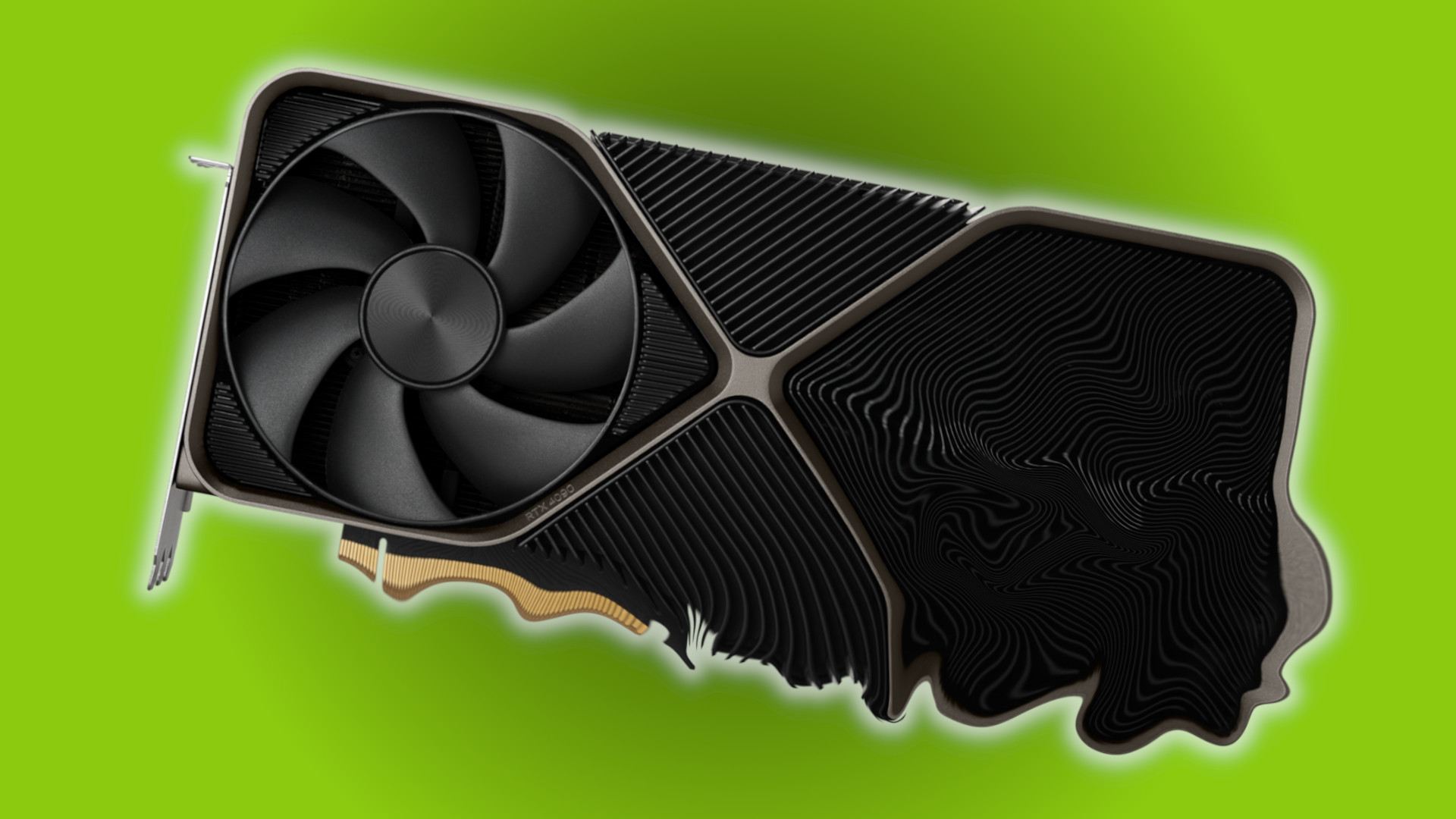A couple of points regarding the article:
- maybe the author could expand on the term 'so called neuromorphic processor'.
- it would be reasonable to expect a granted patent goes some way to protect what it describes particularly if it has already been practically implemented in some form, especially in conjunction with a significant commercial partner/s (open to correction)
- only mention of the macro economic issues which seems to have had more of an impact on established tech companies and no mention of BRN's balance sheet
- not sure describing the company as 'the Australians' is that accurate. Certainly listed and founded here but it's certainly not the only place things are happening
- all real technological breakthroughs are directly related to the size of the R&D budget? I'm doubtful.
Successfully commercialising the technology might be more effected by budget but it depends on lots of things like entire R&D timeline, patents, company funding, agility in taking up and beneficially structuring opportunities, company culture/vision, overall business model, NDAs, eco-system integration strategy and fostering/attracting talent.
- the usual suggestion of potential for takeover and good for a small bet even though the author seems suspicious about their being no 'apparent' offer

As though a risky bet is all BRN has to offer. And yet they have noted a number of significant partnerships...... me no understand.

www.pcgamesn.com
) once said "Release them, into SPace"





